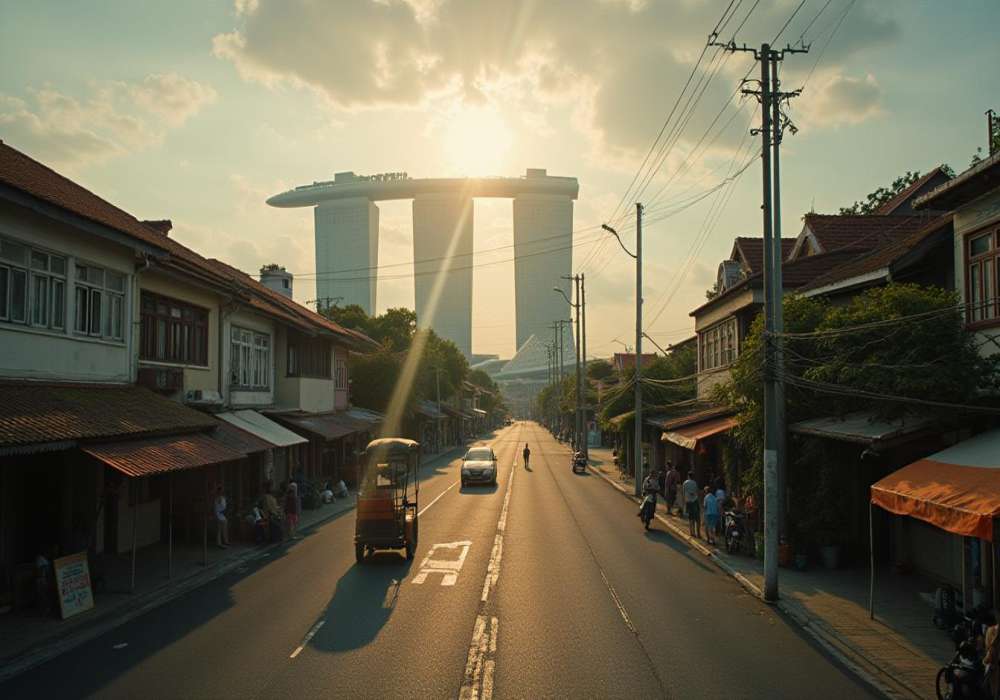
Last Updated At: 02-Sep-2025
History of Singapore | Cultural Commerce Fusion
Embracing the allure of the Malay Peninsula's tip is the island city-state of Singapore, a modern marvel with a rich history. Beyond its contemporary exterior lies a captivating tale woven by diverse cultures and pivotal moments. Join us as we journey through time, uncovering the hidden treasures that have shaped the history of Singapore into the remarkable metropolis it is today. Embark with us on a voyage through history's pages, exploring the captivating saga that has forged Singapore's identity and continues to kindle its future.
Tracing the History of Singapore
Singapore's history is a captivating narrative of resilience, innovation, and an indomitable national spirit, from its humble beginnings as a bustling trading port to its rapid ascent as an economic powerhouse.
- Colonial History of Singapore | Cultural Commerce Fusion
- Singapore's Founding Years | Settlement to Modern Metropolis
- Historical Landmarks in Singapore | Echoes of the Past
- World War II in Singapore | Resilience Amidst Adversity
- Singapore's Independence Movement | The Birth of a Nation
- Early Trade History of Singapore | Gateway to Global Commerce
- From Past to Present | Singapore's Remarkable Evolution
- From Occupation to Liberation | Forging Singapore's Destiny
1. Colonial History of Singapore | Cultural Commerce Fusion
Singapore's history spans millennia, with early settlement signs. Yet, the 14th century catalysed its rise as a trade port, luring global merchants due to its maritime position. In 1819, Sir Stamford Raffles, representing the British East India Company, founded a trading post, commencing the colonial history of Singapore. As a pivotal British Empire trade hub in Southeast Asia, immigrants – Chinese, Malays, Indians, and Europeans – streamed in, shaping today's multicultural essence. The city's strategic role continues to echo through time, underscoring its diverse heritage and evolution as a vibrant, cosmopolitan metropolis.
2. Singapore's Founding Years | Settlement to Modern Metropolis
In 1819, the vision of modern Singapore was ignited by Sir Stamford Raffles, who recognised its potential as a vital trading port. Under British colonial rule, Singapore rapidly transformed from a fishing village to a thriving trading centre. The diverse population that settled here brought their traditions, religions, and languages, contributing to the rich cultural mosaic of Singapore's founding years that defines Singapore today.
3. Historical Landmarks in Singapore | Echoes of the Past
This initiative involves delving into historical landmarks in Singapore to uncover its evolution while safeguarding its cultural heritage. The project aims to cultivate a deep understanding of Singapore's past by investigating historical records, artefacts, and personal stories. Simultaneously, it strives to conserve tangible and intangible aspects of its culture, including architecture, traditions, and languages. This effort seeks to instil a strong sense of identity, appreciation, and connection among Singapore's residents and future generations, fostering pride in their heritage while ensuring its enduring presence.
Also Read: top tourist attractions in singapore
4. From Occupation to Liberation | Forging Singapore's Destiny
World War II brought significant changes to Singapore. In 1942, Japanese forces invaded and occupied the island, subjecting the population to hardship and oppression. The subsequent years saw the rise of local nationalism and a call for self-governance. 1959 Singapore gained self-rule and became a fully self-governing state within the British Commonwealth. On September 16, 1963, Singapore joined the Federation of Malaysia, but this union was short-lived due to political differences. Two years later, in 1965, Singapore declared its independence and became a sovereign nation, a momentous historical event.
5. Unity in Diversity | Singapore's Social Tapestry
Singapore's history is a tapestry woven with diverse cultures and religions, creating a unique blend of traditions, languages, and lifestyles. The government's commitment to maintaining social harmony amidst this diversity has been instrumental in shaping the nation's identity. Implementing policies that promote racial and religious tolerance, alongside the recognition of multicultural festivals and events, has helped foster unity and understanding among the various communities.
6. World War II in Singapore | Resilience Amidst Adversity
Singapore's historical narrative is deeply influenced by the turbulent era of World War II in Singapore. The Japanese occupation between 1942 and 1945 posed a formidable challenge to the nation's strength and resilience. The enduring impact of wartime struggles is preserved within locations. One of them is the Changi Museum, a reverent space that honours the individuals who persevered through the trials of that grim period. The museum is a poignant testament to the sacrifices and endurance of those who endured hardship, serving as a place of remembrance and reflection on the nation's past.
Also Read: singapore itinerary
7. Singapore's Independence Movement | The Birth of a Nation
The 20th century witnessed Singapore's independence movement and the quest for self-determination. The push for independence gained momentum under the leadership of political figures like Lee Kuan Yew. In 1959, Singapore became a self-governing state within the British Commonwealth, and by 1965, it emerged as an independent nation, facing the challenges of nation-building with resilience and determination.
8. Early Trade History of Singapore | Gateway to Global Commerce
Singapore's rich trade heritage remains robust in modern times, propelled by its strategic geographical position, top-tier infrastructure, and welcoming business climate, positioning it as a prominent global financial hub. This status is exemplified by the bustling Port of Singapore, renowned as one of the planet's busiest maritime centres. Serving as a testament to Singapore's enduring trade importance, the port signifies the nation's role as a pivotal trade gateway, connecting economies and facilitating the flow of goods on a global scale.
9. From Past to Present | Singapore's Remarkable Evolution
The history of Singapore is a captivating narrative of transformation, resilience, and progress. From its colonial beginnings to its present-day stature as a modern metropolis, the island's journey inspires nations worldwide. As we explore the historical landmarks, reflect on the past, and celebrate the present achievements, we honour Singapore's enduring spirit and unwavering commitment to shaping a brighter future.
Investigating Singapore's past gives us an overview of resilience and change. Once a trading hub, it shines as a global economic force and cultural blend. The journey showcases people's resilience, embracing growth and surmounting obstacles. As Singapore forges ahead, its history underscores innovation, unity, and a visionary approach.
So, if you are ready to uncover the tales of resilience, diversity, and growth that have shaped this remarkable city-state, then embark on a journey through time with Adotrip.com and delve into the fascinating history of Singapore today!
Frequently Asked Questions about the History of Singapore
Q1. When was modern Singapore founded?
A1. Modern Singapore was founded on February 6, 1819, when Sir Stamford Raffles of the British East India Company established a trading post on the island.
Q2. What colonial powers ruled Singapore?
A2. Singapore was ruled by various colonial powers throughout its history. The major colonial powers that ruled Singapore included the Portuguese in the 16th century, the Dutch in the 17th century, and the British from 1819 until its independence.
Q3. Who is considered the founding father of independent Singapore?
A3. The founding father of independent Singapore is Lee Kuan Yew. He played a crucial role in Singapore's political development and served as the country's first Prime Minister from 1959 to 1990.
Q4. When did Singapore gain independence?
A4. Singapore gained independence on August 9, 1965, when it was separated from Malaysia and became a sovereign nation.
Q5. What was the Raffles Plan of Singapore?
A5. The Raffles Plan of Singapore refers to the urban planning scheme developed by Sir Stamford Raffles in 1822. It laid out the street grid and division of land use in the city, emphasising the segregation of different ethnic groups into designated areas.
Q6. When did Singapore join Malaysia after independence?
A6. Singapore joined Malaysia on September 16, 1963, following a merger with Malaysia, which was then a federation of states. However, this union was short-lived, and Singapore separated from Malaysia just two years later, on August 9, 1965, to become an independent nation.
Q7. What historic industries contributed to Singapore's success?
A7. Singapore's success stems from key industries: a strategic port facilitating trade, vital shipping and maritime sectors, thriving manufacturing and finance, and a robust services industry driving economic growth.
Q8. What is the Japanese Occupation of Singapore known for?
A8. The Japanese Occupation of Singapore, lasting from 1942 to 1945, was a brutal period during World War II under Japanese military control. Civilians and prisoners of war endured harsh treatment, leaving a lasting impact on Singapore's historical memory.
Q9. What major political party has governed post-independence Singapore?
A9. The People's Action Party (PAP). The PAP has been in power since Singapore's independence in 1965, led by Lee Kuan Yew. The party has won every general election and shaped Singapore's political, social, and economic landscape.
Q10. How has Singapore's history influenced its current success?
A10. Singapore's history shaped its success with a strategic location, British legacy, multiculturalism, visionary leadership, economic diversification, modern infrastructure, pro-business policies, education focus, stable governance, and adaptability. This made it a thriving global city-state with a diverse and resilient economy.
--- Published By Adotrip
Latest Blogs

Cash in the Wild: My Safari Adventure Across Kenya with Only...

One Day Picnic Spot Near Pune - Adventure, Trekking and Natu...
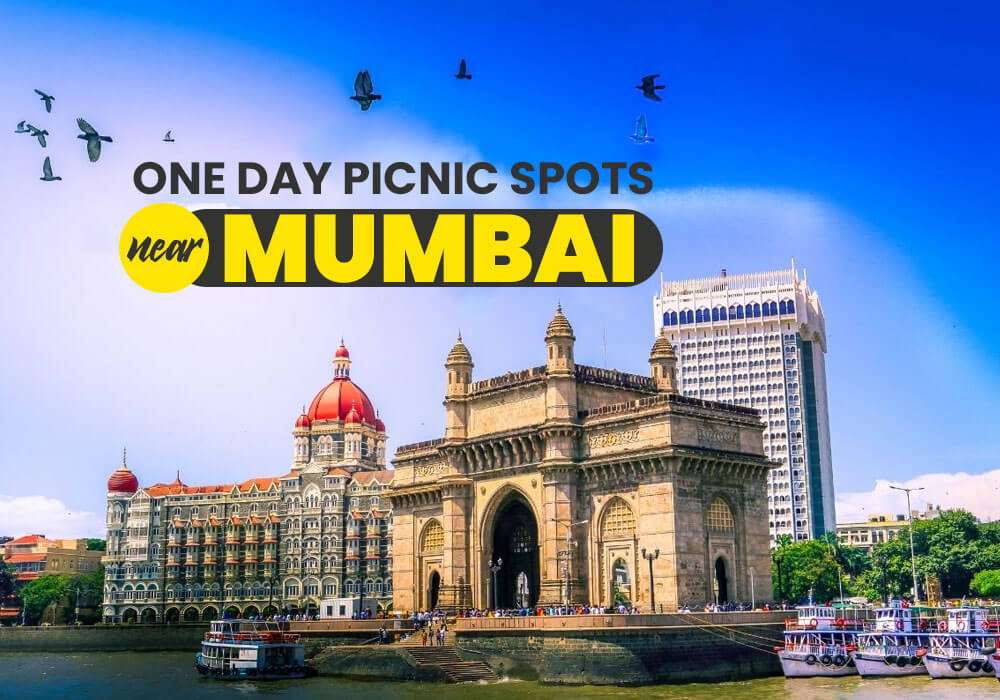
One Day Picnic Spots Near Mumbai - Monsoon, Adventure, Beach...
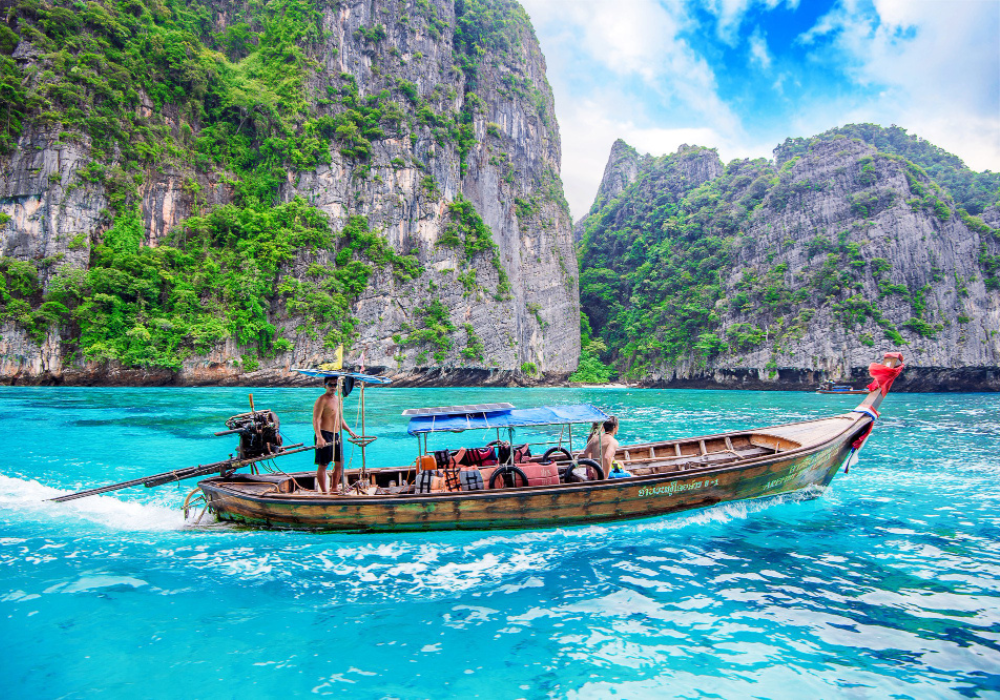
The Best Places to Go in Thailand in 2025


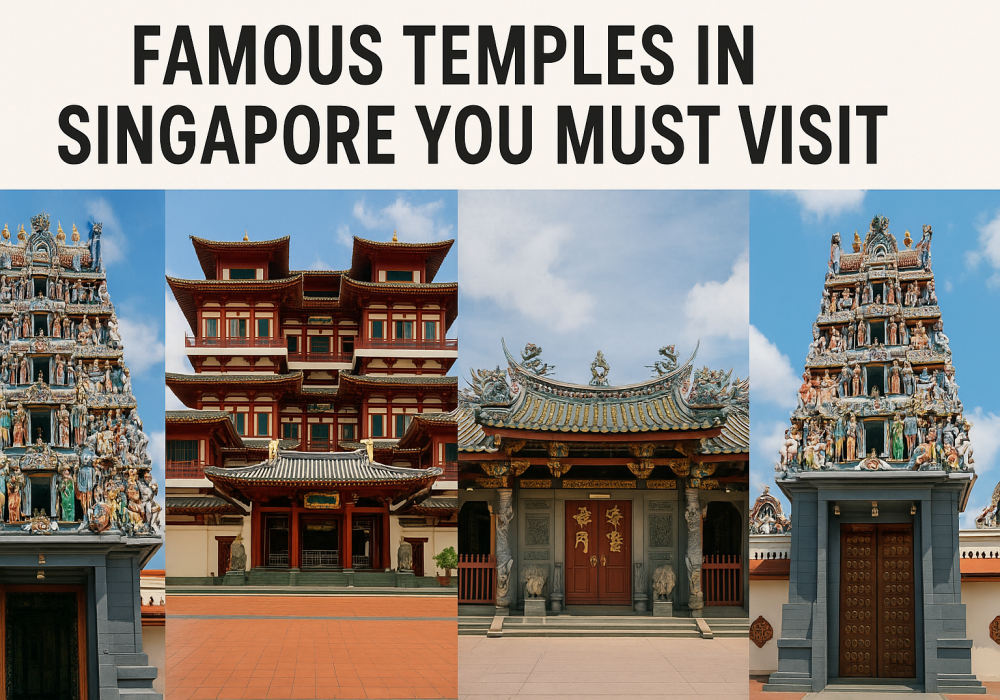
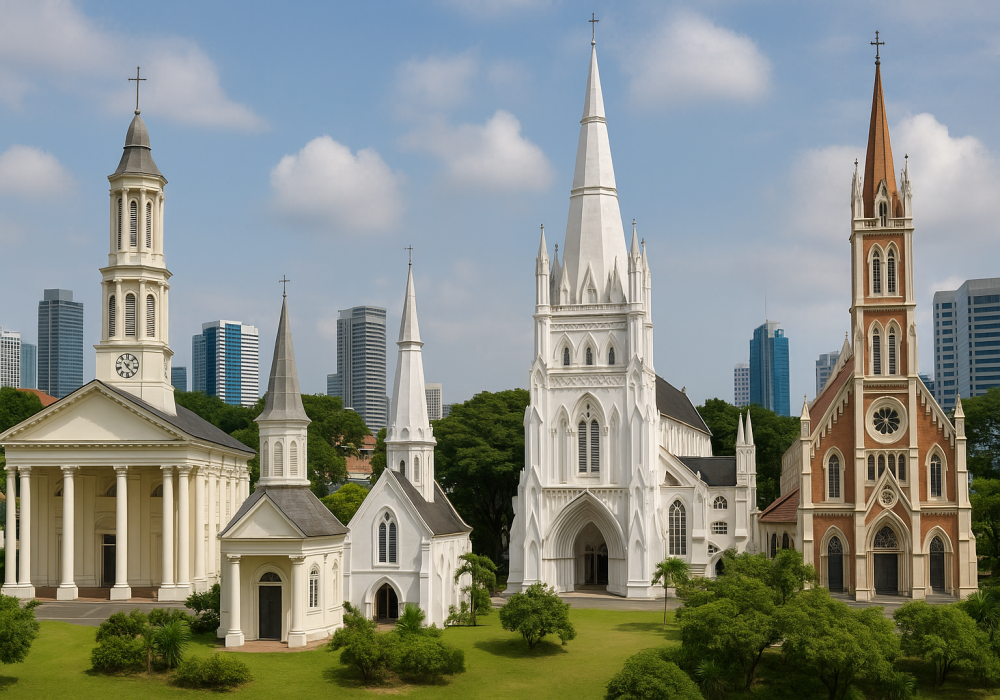
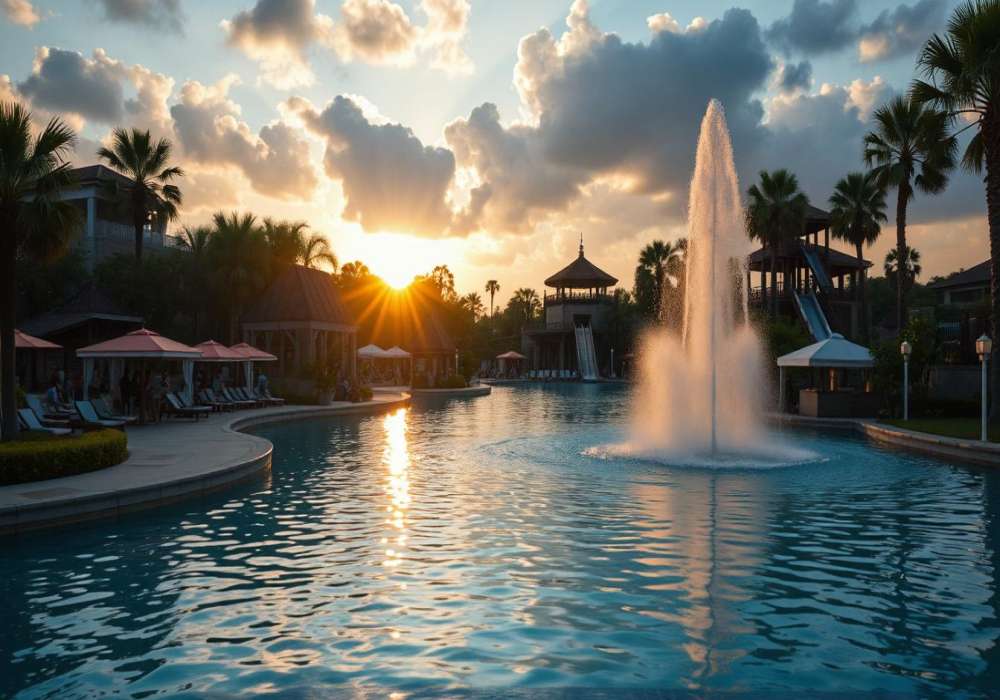
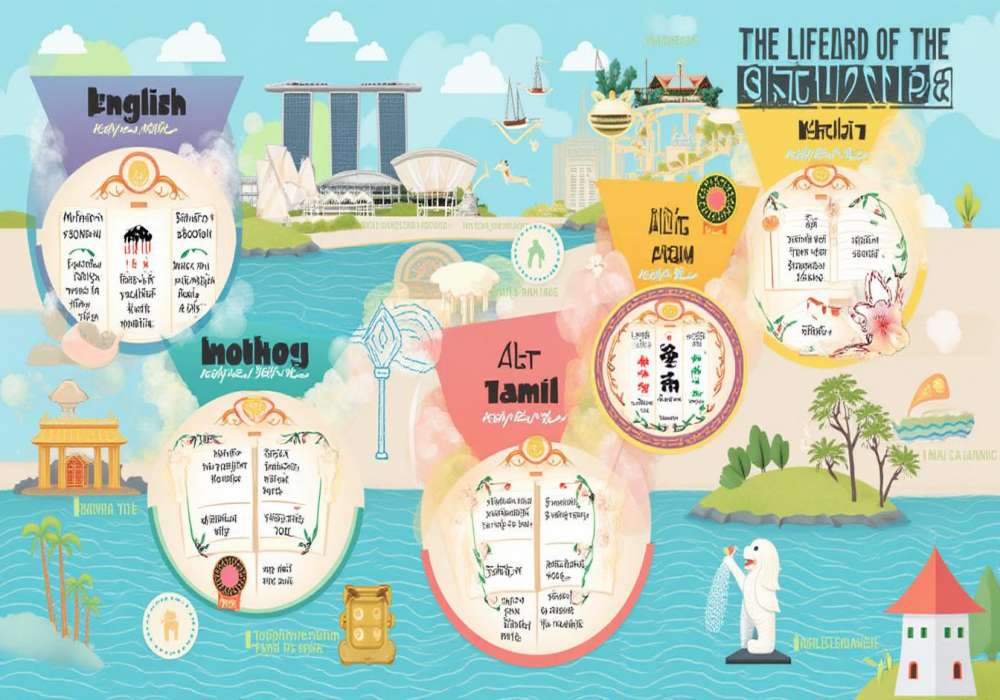
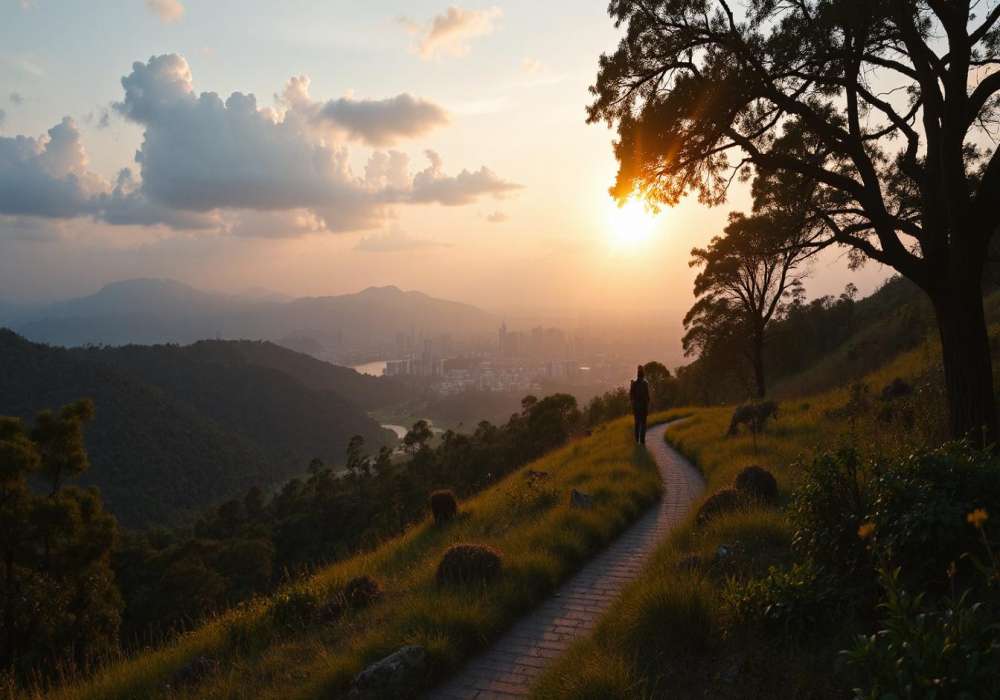
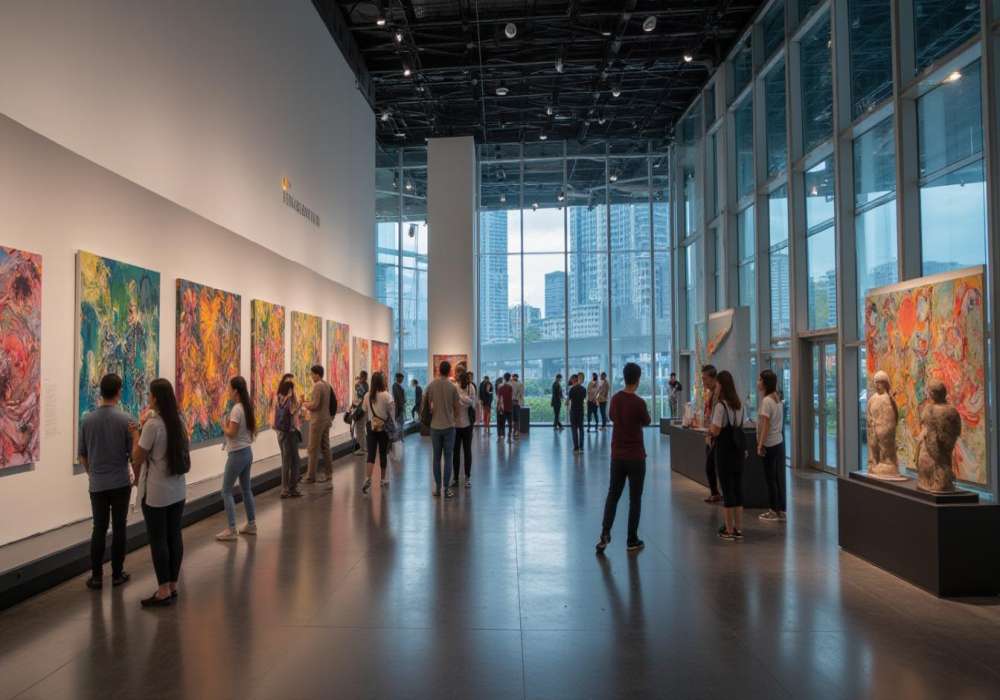


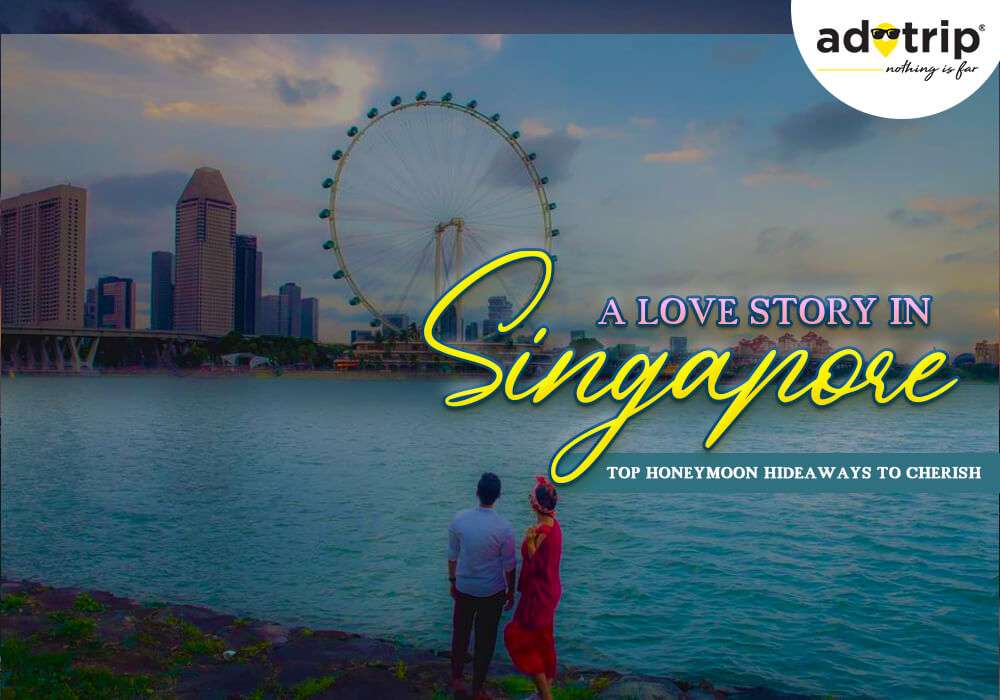
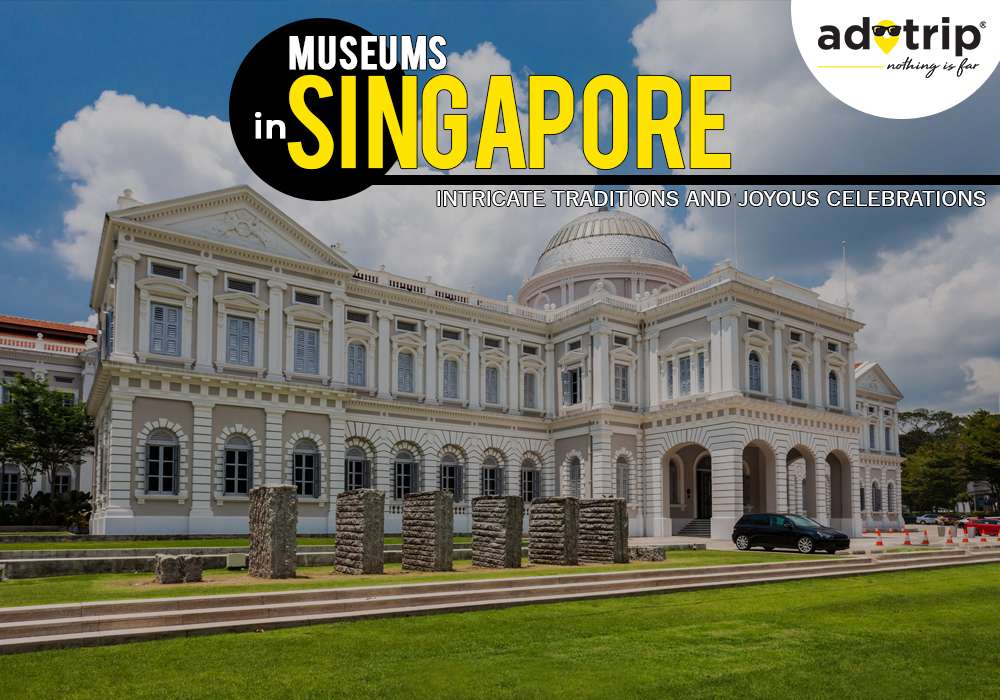
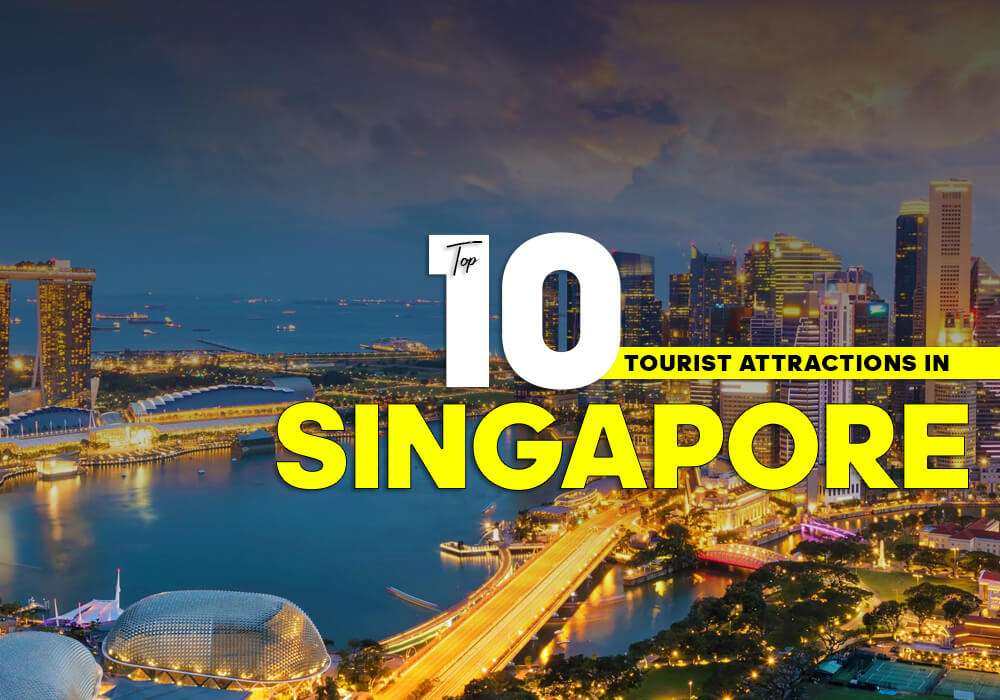
.png)
 Dubai
Dubai Malaysia
Malaysia USA
USA





